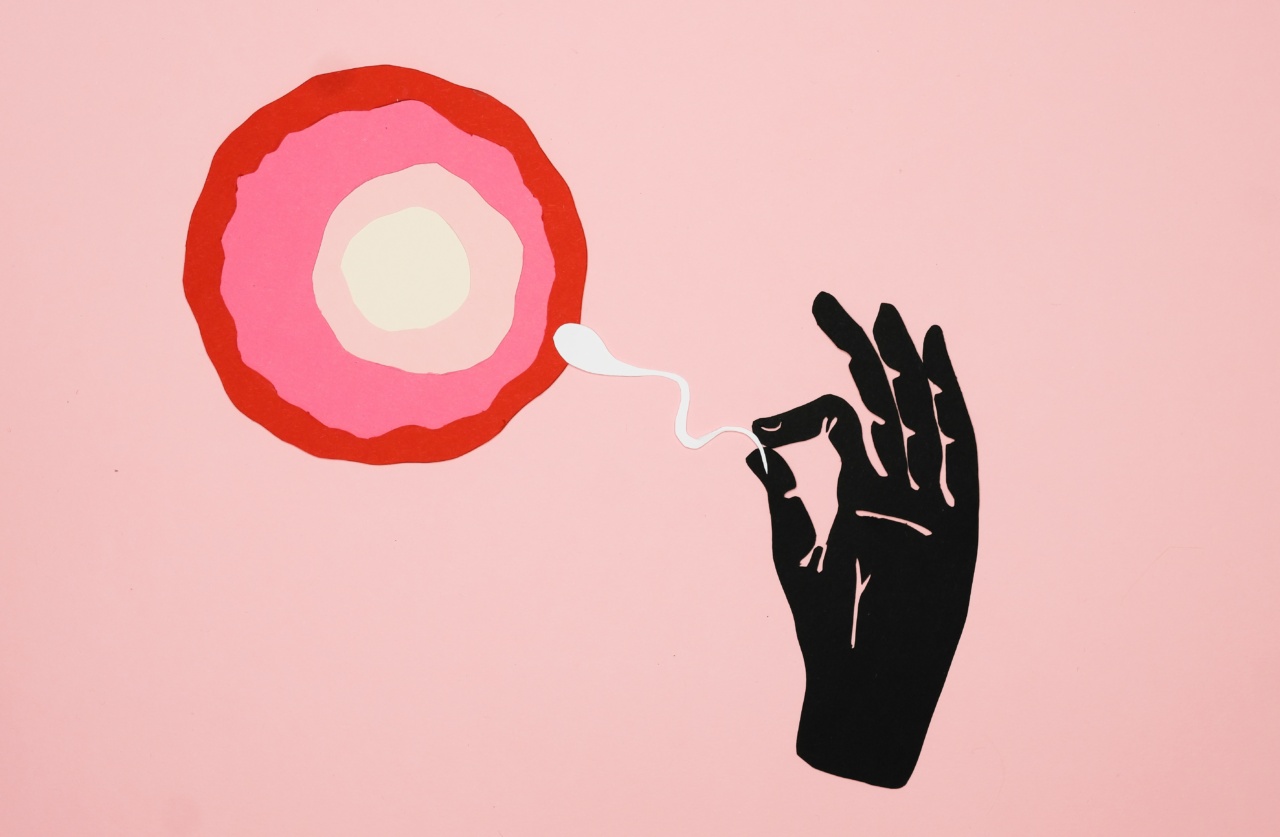Artificial fertilization is a process designed to increase the chances of getting pregnant for couples who are struggling with infertility.
The process entails combining an egg with sperm outside a woman’s body and then transferring the embryo to the uterus. Although the procedure is safe and effective, research has shown that women who undergo artificial fertilization may be at a higher risk of developing pregnancy-related health issues like diabetes.
This article explores the effects of artificial fertilization on the likelihood of pregnancy diabetes.
What is Artificial Fertilization?
Artificial fertilization is also known as in vitro fertilization (IVF). It is the process of combining eggs and sperm outside a woman’s body in a laboratory dish, then transferring the fertilized eggs to the uterus.
IVF involves a series of medical procedures, including the use of fertility drugs to stimulate the ovaries and retrieval of eggs from the ovaries.
What is Pregnancy Diabetes?
Pregnancy Diabetes, also known as gestational diabetes, is a type of diabetes that occurs during pregnancy. It affects about 3-10% of pregnant women and is typically diagnosed between weeks 24 and 28 of pregnancy.
Pregnant women who develop gestational diabetes have high blood sugar levels that can affect both the mother and baby.
How Does Artificial Fertilization Affect the Likelihood of Pregnancy Diabetes?
Research has suggested that women who undergo artificial fertilization may be at a higher risk of developing pregnancy-related health issues such as gestational diabetes. The exact reason for this is unclear, but there are a few potential explanations:.
- Fertility drugs: Fertility drugs used during artificial fertilization can cause insulin resistance, a condition where the body’s cells don’t effectively use insulin to regulate blood sugar. Insulin resistance can lead to high blood sugar levels, which can increase the risk of developing gestational diabetes.
- Maternal Age: Women who undergo artificial fertilization are often older than women who conceive naturally, and advanced maternal age is a risk factor for gestational diabetes.
- Multiple Pregnancies: Women who undergo artificial fertilization are more likely to have multiple pregnancies, which is also a risk factor for gestational diabetes.
What are the Symptoms of Gestational Diabetes?
Gestational diabetes often has no symptoms, which is why all pregnant women are screened for the condition between weeks 24 and 28 of pregnancy. However, some women may experience the following symptoms:.
- Increased thirst
- Frequent urination
- Tiredness
- Blurred vision
- Increased hunger
If you experience any of these symptoms during pregnancy, contact your doctor immediately.
How is Gestational Diabetes Treated?
The goal of treatment for gestational diabetes is to keep blood sugar levels in a healthy range to prevent complications for the mother and baby. Treatment may involve the following:.
- Diet: Eating a healthy diet that is low in sugar and high in fiber is an important part of managing gestational diabetes. A registered dietitian can help create a meal plan that meets your nutritional needs.
- Exercise: Regular exercise can help regulate blood sugar levels and can also help with weight management during pregnancy.
- Monitoring Blood Sugar: Regular blood sugar monitoring is essential to managing gestational diabetes. Your healthcare provider will recommend a monitoring schedule based on your individual needs.
- Insulin Therapy: If diet and exercise alone aren’t enough to keep blood sugar levels within a healthy range, your doctor may prescribe insulin therapy.
Conclusion
Artificial fertilization is a safe and effective way for couples struggling with infertility to conceive a child. However, research suggests that women who undergo the procedure may be at a higher risk of developing gestational diabetes.
Women who undergo artificial fertilization should be aware of the increased risk and take steps to monitor their blood sugar levels during pregnancy.





























